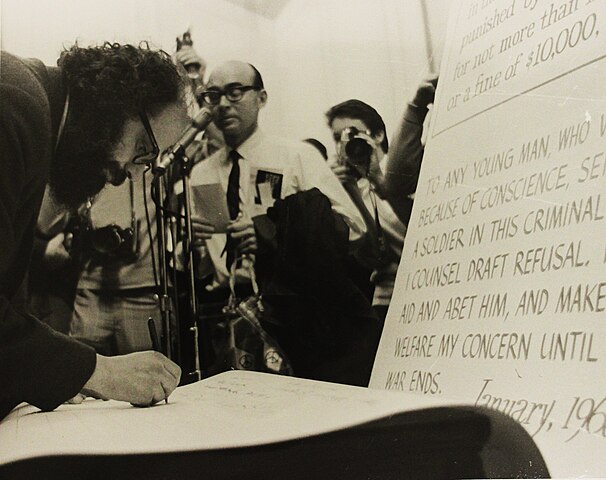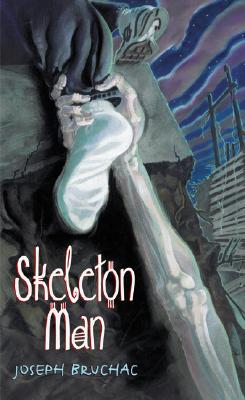In today’s post, we listen to Allen Ginsberg read his infamous poem “Howl.” While accused of being obscene, this poem conveys a changing dynamic in American culture. The freedom and breakaway from the 1950s-1960s culture was becoming apparent, and this poem embodies that message. There are many universal themes in poetry, but “Howl” tapped into the minds and feelings of a generation.
“Howl” discusses many themes, but relies on its outside approach to conveying themes and messages. It is considered a significant work of the Beat Generation, which was already in full swing against the establishment. The poem has three sections, and each one critiques different aspects of society, discussing personal freedom, mental illness, and oppressive society.
The poem also discuss disillusionment with 1950s culture, and the nature of capitalism as a negative principle. It often refers to “Moloch” within the poem as a monstrous force. Similarly, it discusses how those with different ideas do not fit within the confines of a stratified society. “I saw the best minds of my generation destroyed by madness,” Ginsberg writes. In addition, Ginsberg talks about sexuality in varying degrees, from homosexuality to heterosexuality. Lastly, the poem discusses Ginsberg’s outlook on the holy and the reverent by mixing mystical and theological imagery.
Discover more from The Writing Post
Subscribe to get the latest posts sent to your email.



